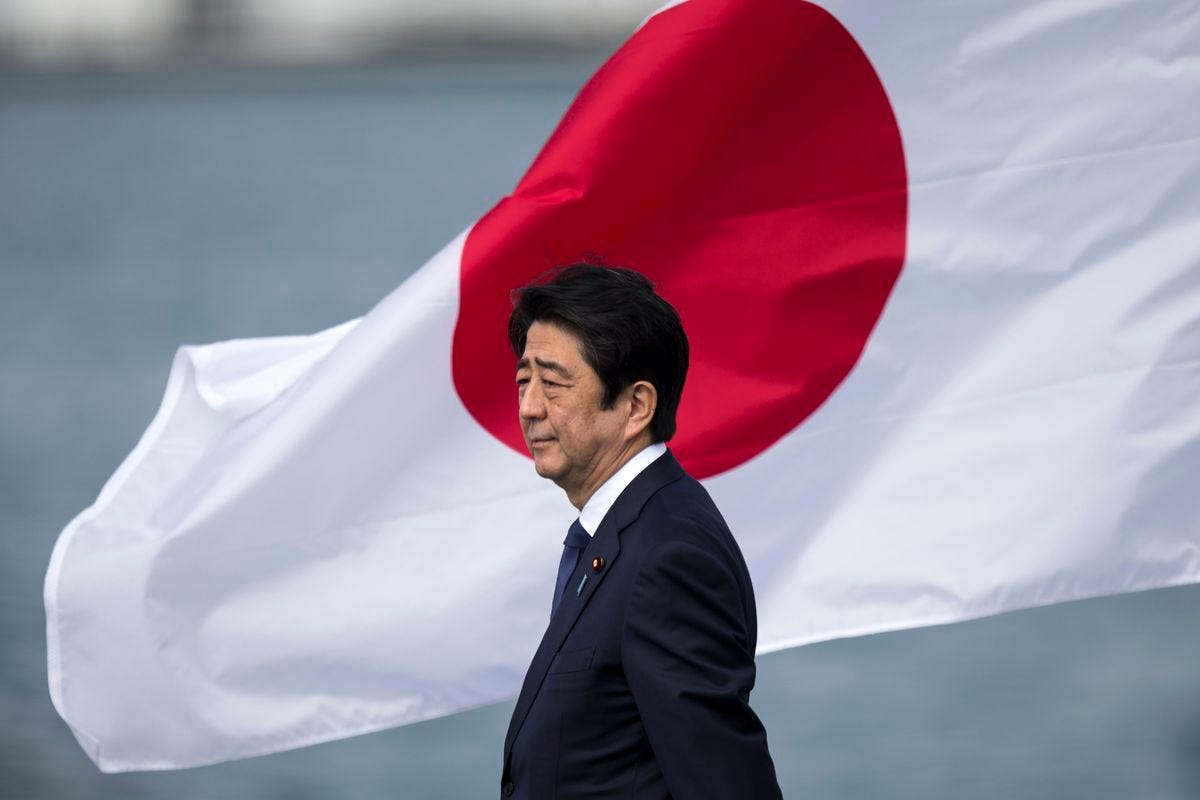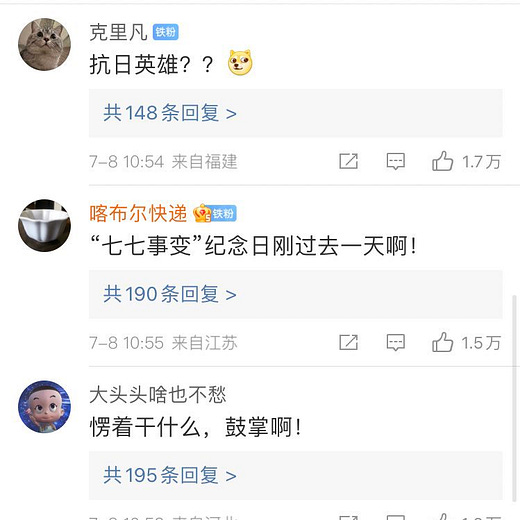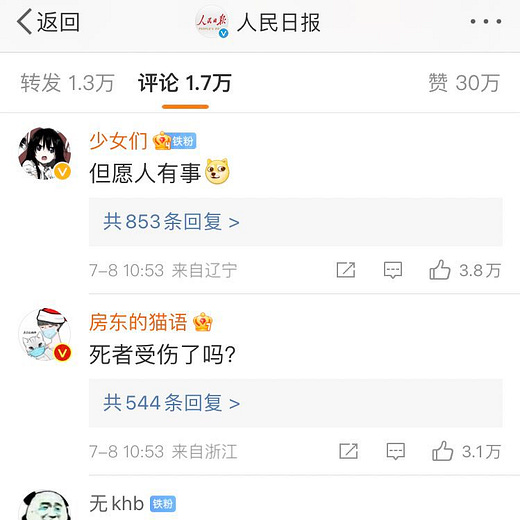Shinzo Abe, Fierce Opponent of Communism & Covid Mandates, Assassinated
Condolences and eulogies have poured in following the assassination of former Japanese Prime Minister Shinzo Abe, who was shot on Friday during a campaign rally.
Abe was a titan of anti-communism in Asia and a fierce opponent of Covid mandates. He was Japan’s longest-serving Prime Minister and a figure of considerable ongoing influence in Japanese politics.
Abe’s assassin did not try to flee the scene after committing the act, indicating that he expected to be caught. The assassin used a homemade gun, apparently assembled using the weapons training he received during the three years he served in Japan’s Navy.
Abe’s assassination is the worst Japan has seen in more than a century, when two Japanese leaders were assassinated prior to the country’s descent into military dictatorship in the 1930s: Former Prime Minister Hirobumi Ito in 1909 and Prime Minister Takashi Hara in 1921.
During the final months of his premiership in 2020, Abe famously resisted the implementation of harsh Covid measures, achieving some of the world’s best results against the virus even as the rest of the world imposed strict lockdowns on China’s model. Abe resisted border controls and the postponement of the Tokyo Olympics and, prior to leaving office, wished for Covid’s official infectious disease categorization to be lowered to the same level as influenza. For this, Abe increasingly came under fire both domestically and internationally.
Since Abe left office, Japan’s response to Covid has drifted steadily closer to the international standard. Most mandates are still enforced socially rather than legally, but coupled with severe international entry requirements, some expats have dubbed this “lockdown in all but name.”
Though the assassin’s specific motives remain unclear, police have disclosed that he was motivated at least in part by a grudge against a “specific organization,” which a consensus of commentators believe was the Unification Church, a Korean religious movement heavily involved in anti-communist activism.
Abe’s grandfather had played a major role in establishing the early Unification Church in Japan. Chinese state media has denounced the Unification Church as a subversive “cult,” likening it to the Falun Gong religious movement. Some Chinese nationalists and other far-left commentators celebrated the news of Abe’s assassination.
Though the assassination’s political consequences remain to be seen, Abe was one of the staunchest anti-communists in Asia and one of NATO’s most reliable partners. Under his premiership, Japan gained geopolitical significance on the world stage, especially as a counterweight to China. For that reason alone, his death carries considerable symbolic import.
Michael P Senger is an attorney and author of Snake Oil: How Xi Jinping Shut Down the World. Want to support my work? Get the book. Already got the book? Leave a quick review.






Tanzania's president, Dr. John Magufuli suddenly died in April 2021. Known as the incorruptable president. Magufuli not only barred China from taking over his country, but ignored all the covid stupid measures that most of the world followed. He is probably the only world leader who had a PhD in Chemistry. Ask any African what happened to him, and they will immediately tell you that he was assassinated. The mainstream Western press loved to paint him as a kook.
This is a very useful perspective; no one else, so far, has provided it.